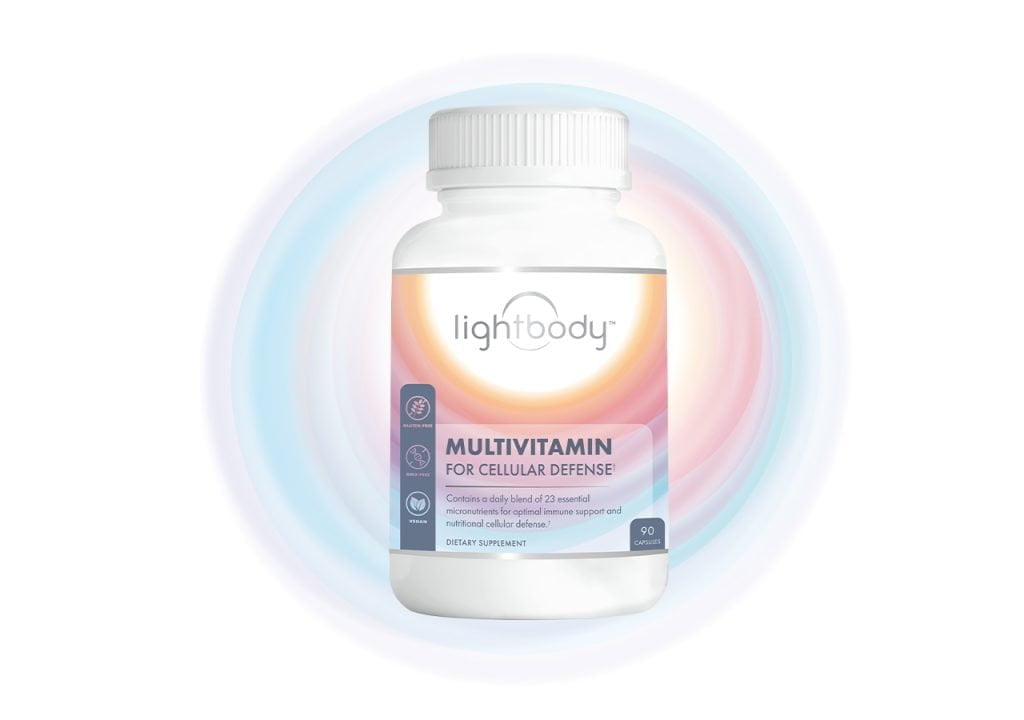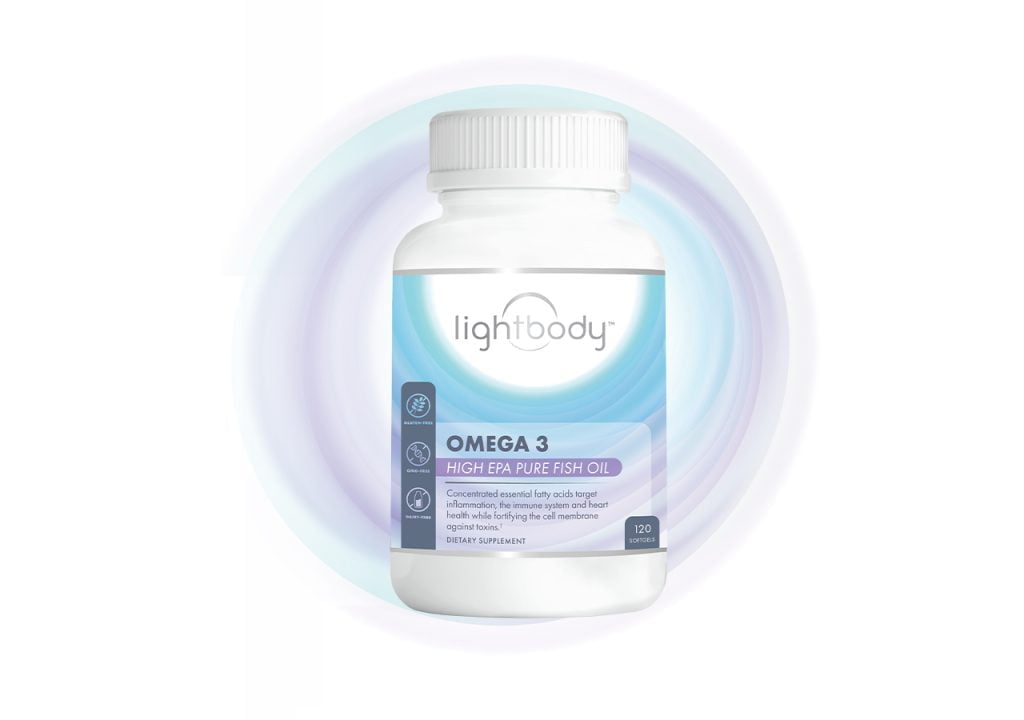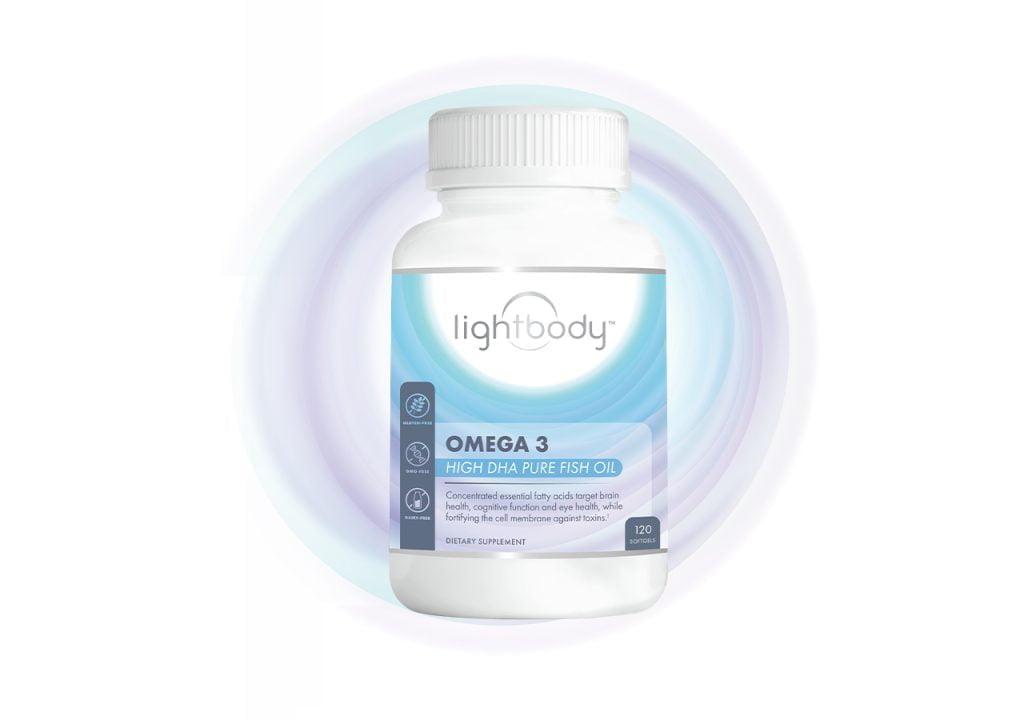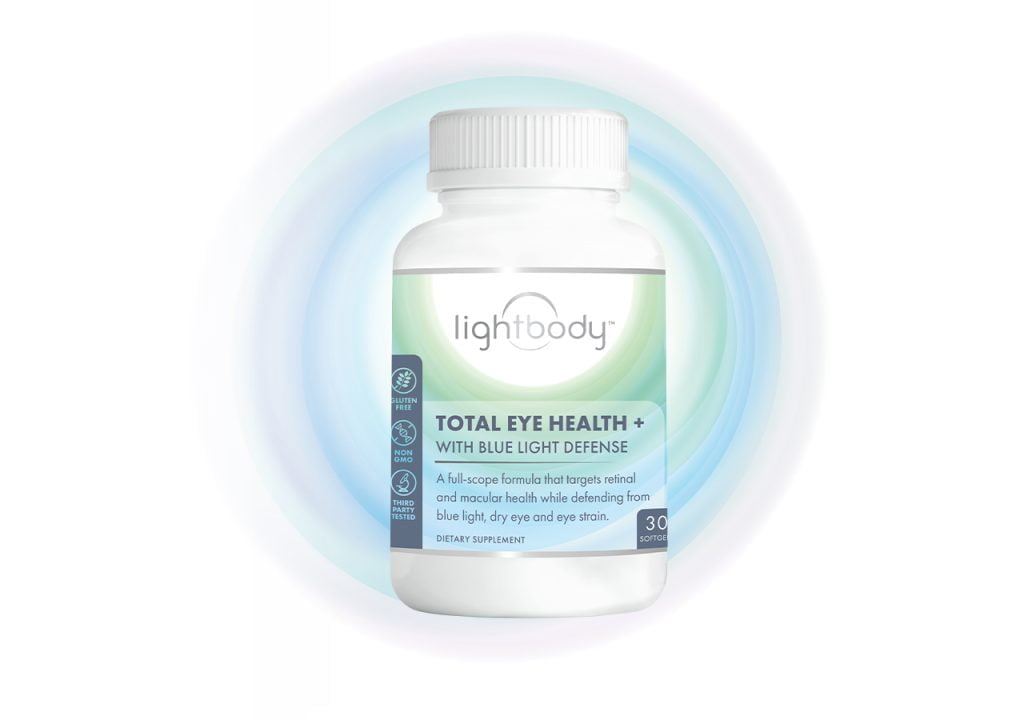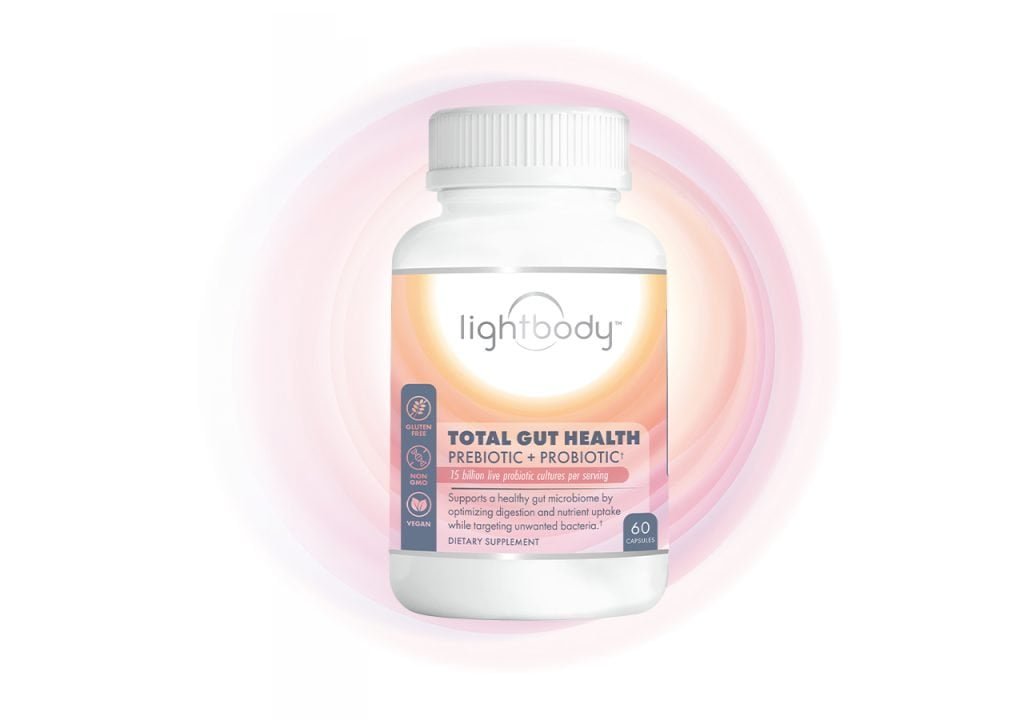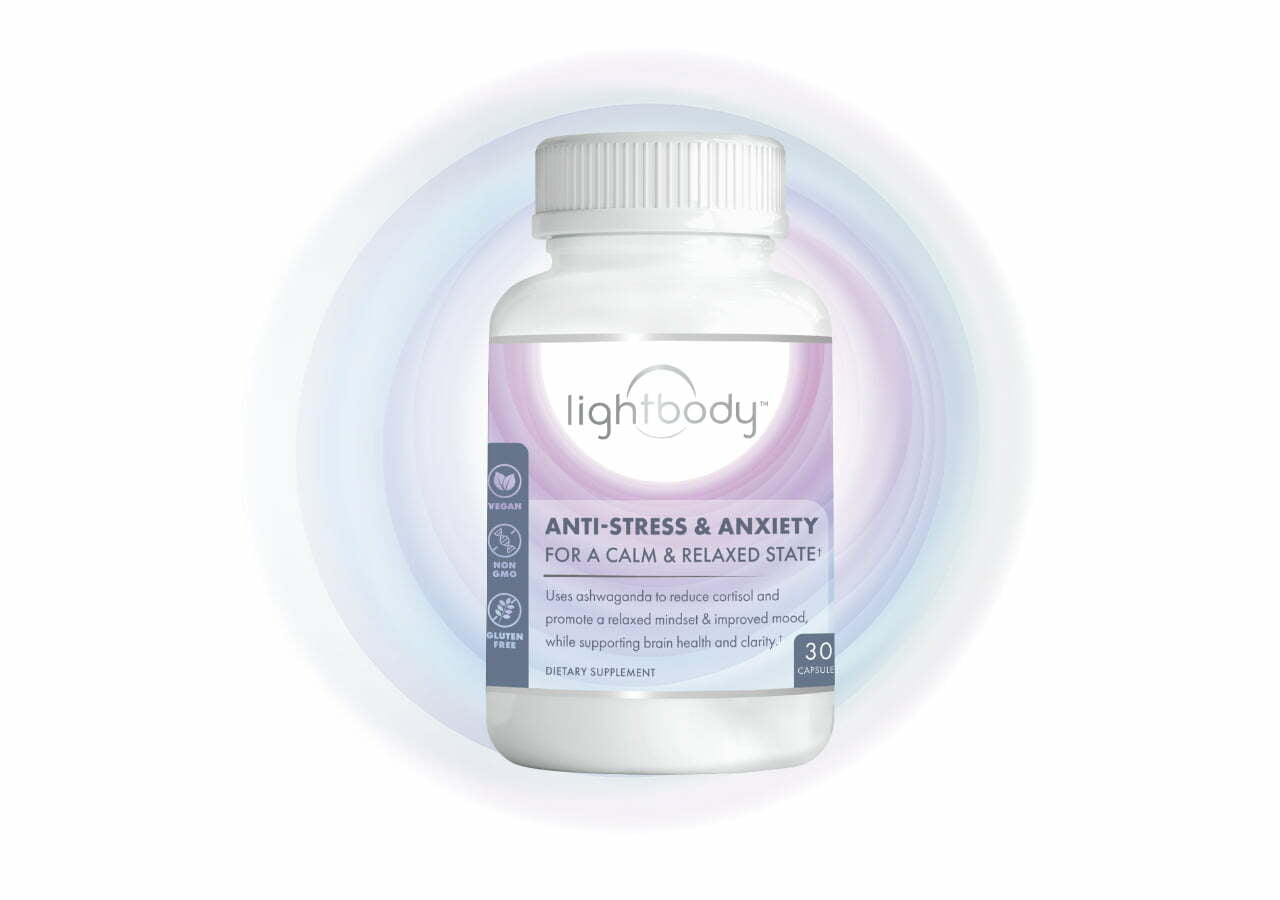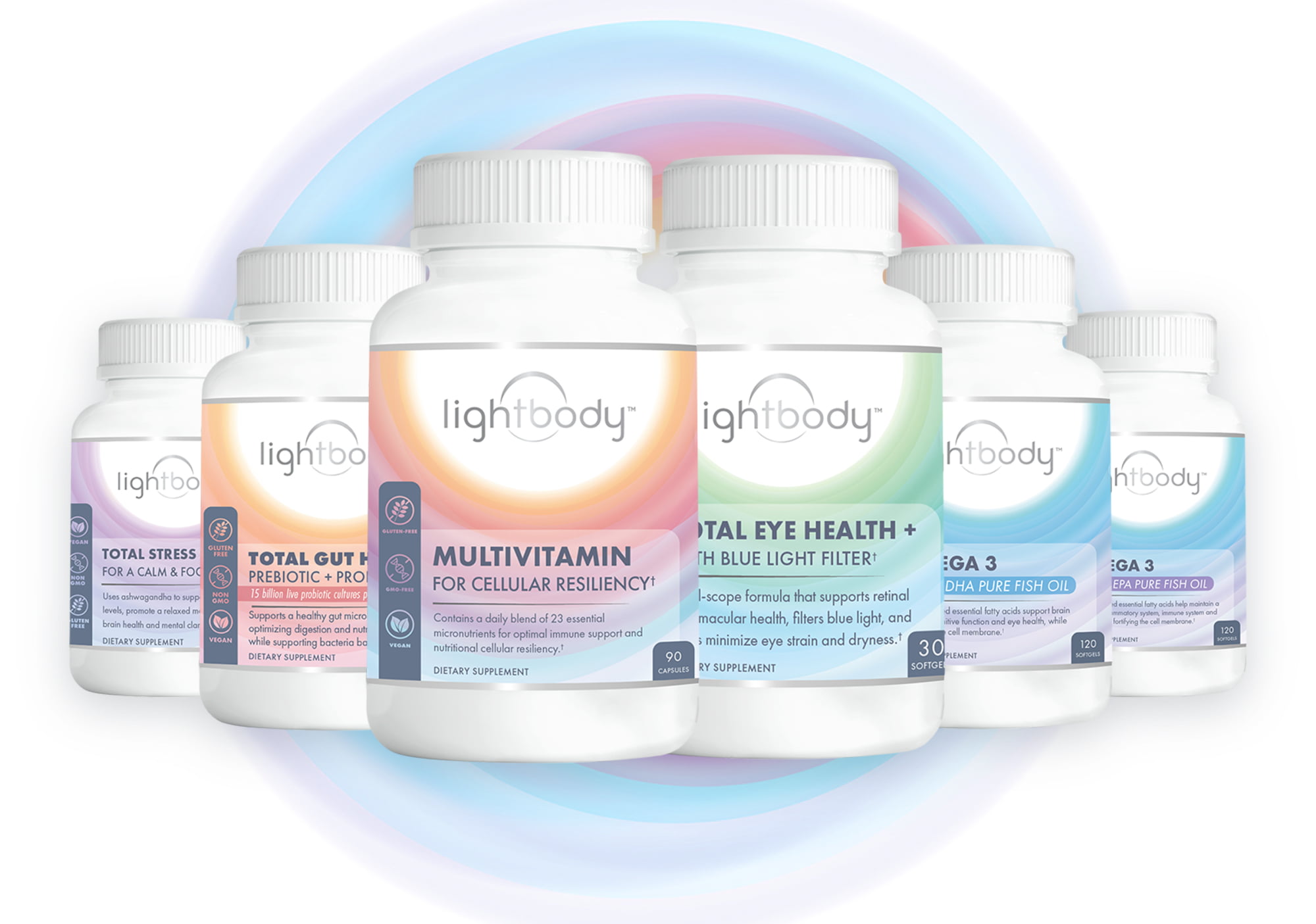Are you concerned about your child’s overall health well-being? In today’s fast-paced world, ensuring that our children receive the essential nutrients for optimal growth and development can be a challenge.
One such vital nutrient is omega 3 fatty acids, often overlooked but crucial for various aspects of health.
Let’s investigate the world of omega-3s, dispel any doubts you may have, and explore why supplementing your child’s diet with omega-3s could be the solution you’ve been searching for.
From this blog, you’ll learn:
- What are Omega-3s?
- Are Omega-3s Good for Children and Adolescents?
- Omega-3 Benefits for Kids
- Potential Side Effects of Omega-3s
- Omega-3 Dosage for Children
What Are Omega-3s?
Omega-3 fatty acids are essential nutrients that play a key role in the body’s functioning. They are primarily found in fatty and oily fish, nuts, and seeds. These fatty acids, namely EPA (eicosapentaenoic acid) and DHA (docosahexaenoic acid), are renowned for their numerous health benefits, ranging from heart health to cognitive function.
Are Omega-3s Good for Children and Adolescents?
Absolutely! As a mom of two, this was my primary concern. And it turns out these fatty acids are not only safe for children but are also highly beneficial.
Research suggests that omega-3s are crucial for children’s cognitive development, supporting brain health and enhancing learning abilities. Additionally, omega-3s contribute to overall growth and development, including eye health and immune function. But we’ll get into these benefits more in the next section.
Omega-3 Benefits for Kids
As I said, there are numerous benefits of omega-3s, and many of these extend to children as well.
1. Enhanced Cognitive Benefits and Brain Function
Omega-3 fatty acids, especially DHA, are like brain boosters for kids! They’re essential for brain development in children, leading to strong, smart brains. DHA, in particular, helps with memory, concentration, and learning. It’s like giving your child’s brain the perfect fuel it needs to excel in school, remember important things, and stay focused during homework or activities.
2. Heart Health
Ensuring your child’s heart health is paramount, and omega fats can be a powerful ally in this endeavor. These essential nutrients are important for maintaining healthy cholesterol levels and supporting overall cardiovascular health, providing a strong foundation for your child’s heart to thrive.
By incorporating omega-3-rich foods into your child’s diet, you’re not only nourishing their growing bodies but also laying the groundwork for a healthy heart in the long run. Studies indicate that children who consume adequate omega-3s may have a reduced risk of developing heart disease later in life, underscoring the importance of prioritizing this nutrient in their diet.
3. Improved Mood and Behavior
As parents, we’re always looking for ways to support our children’s emotional well-being, and omega-3 fatty acids can be a valuable addition to our toolkit. Omega-3 supplementation can have a positive impact on mood and behavior in children, potentially improving concentration and focus, and fostering emotional resilience.
4. Better Eye Health
Optimal eye health for your child is crucial, and omega-3 fatty acids, particularly DHA, play a pivotal role in achieving this. DHA serves as a vital component of the retina, the eye’s visual processing center.
By nurturing visual development, DHA ensures that your child’s eyes mature properly, leading to clear and precise vision throughout life.
Potential Side Effects of Omega-3s
It’s essential to note that omega-3 supplements are generally safe for children and rarely cause adverse effects. However, some mild side effects may include:
- Minor gastrointestinal discomfort
- Fishy aftertaste (common with fish oil supplements)
- Allergic reactions in individuals with fish or seafood allergies
Omega-3 Dosage for Children
The recommended dosage of omega-3 fatty acids for kids varies depending on age and specific health needs. As a general guideline, consider the following recommendations, and please consult with your child’s doctor for further information:
- For infants: Discuss with a pediatrician for appropriate supplementation, typically through fortified formula or breast milk.
- For children aged 1-8 years: 0.5 to 1.0 grams of combined EPA and DHA per day.
- For children aged 9 years and older: 1.0 to 2.0 grams of combined EPA and DHA per day.
Omega-3 Supplements for Kids
While natural sources of omega-3 fatty acids are ideal, it’s not always easy to ensure that our children consume enough fish or other omega-3-rich foods regularly. In fact, the American Academy of Pediatrics says children in the US are not consuming enough seafood, and thus are missing out on the nutritional benefits from fish oil.
This is where dietary supplements can be beneficial, providing a convenient and reliable source of essential fatty acids, especially for children who don’t eat fish.
At Lightbody, we offer high-quality omega-3 supplements that ensure children receive the nutrients they need for optimal growth and development. With IFOS certification, our omega 3 DHA and EPA supplements offer you peace of mind when opting to give your children supplements to fill the gaps in their dietary needs.
Conclusion: Healthy Children Are Happy Children
Omega-3 supplementation is a safe and effective way to support your child’s overall health and well-being. From cognitive development to heart health and beyond, the positive effects of omega-3 fatty acids are undeniable.
By incorporating omega-3-rich foods into their diet and considering supplementation when necessary, you can help ensure that your child thrives and reaches their full potential.
Frequently Asked Questions
Omega-3 benefits children by supporting cognitive development, heart health, and eye function.
Children can begin taking omega-3 supplements as infants under the guidance of a pediatrician.
Omega-3s may help children’s growth and development by providing essential nutrients for healthy tissues and organs.
Research suggests that omega-3 supplementation may enhance learning abilities and cognitive function in children.
The best omega-3 for kids often includes both EPA and DHA, sourced from fish oil or algae-based supplements, tailored to their age and dietary needs.



